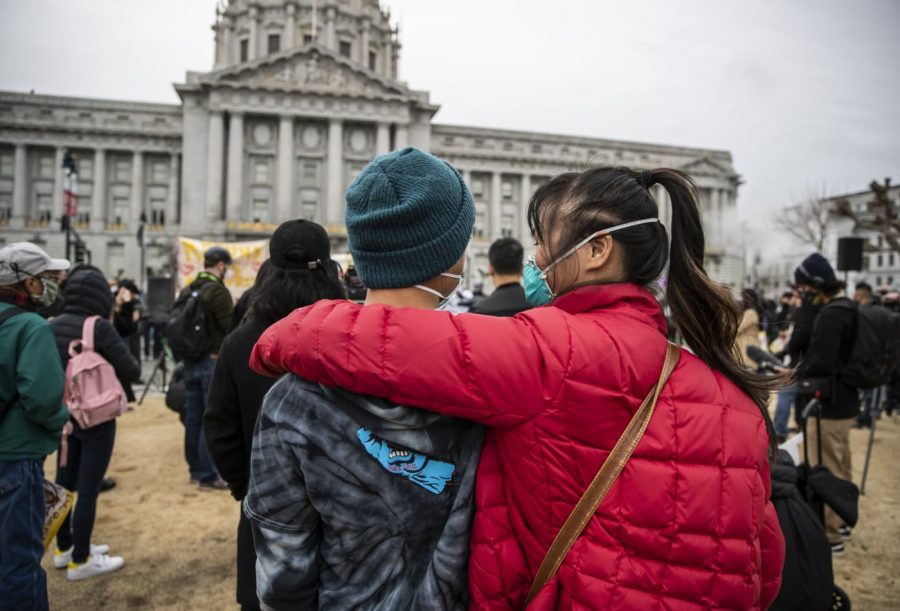De Anza College Asian American community reacts to acts of racial violence
As violent attacks against Asian Americans increase in the Bay Area, De Anza College students and faculty spread awareness about these local acts of racism.
Mao Kimura, a 20-year-old communications student, said the racism made her reluctant to return to California from Japan. While she has not had previous negative experiences on campus, Kimura said she knows the discrimination she could face as a Japanese transfer student.
“When I heard about all the racism against Asians in San Francisco, I was scared,” Kimura said. “I’m wondering whether it is still [a threat].”
Mae Lee, chair of De Anza’s Asian-American and Asian Studies department, said she shares this worry.
“My immediate family and my extended family in Santa Clara have all been on alert and aware when we go outside our home,” Lee said.
While these cases have not been widely reported on the national news networks, Lee and Joycie Kaliangara said social media has given victims a platform to share their experiences.
“The rise [in anti-Asian violence] didn’t happen now — it happened when COVID-19 started,” said Kaliangara, a 20-year-old communications major. “[Conventional news media] are only just now reporting it because it’s gotten so severe.”
Kimura said she believes that social media can be used to further expose the issue.
“Students can do something on social media,” said Kimura. “Right now, social media has the largest power to spread the information to the world.”
Some people have taken to Twitter to criticize inattention to these cases compared to hate crimes against other ethnic groups, but Kaliangara said that this is an opportunity to unite all people who care about anti-Asian racism.
“The majority [of those] who do broadcast what’s happening are Asian, but I feel like it’s also people who care,” said Kaliangara. “Different minority groups are all posting about this stuff.”
While social media can open the door to these issues, Lee says a college campus offers a deeper understanding of racism and its roots.
“[We can] learn how racial harassment and violence happen and how to intervene when they do,” said Lee. “Learn who to contact when help is needed. Learn how to talk and think about racism and Asian Americans and violence and the complexity of race in the U.S.”
This moment is ripe for change, Lee added.
“There is a reckoning that is going on at the moment, facing our long history of racism in this country,” said Lee. “Racism thrives on dehumanization, so any challenge to racism must be rooted in the deep humanization of all.”
The Asian Pacific Environmental Network and the Oakland Vietnamese Community Center are accepting donations to support Asian communities in the Bay Area.



